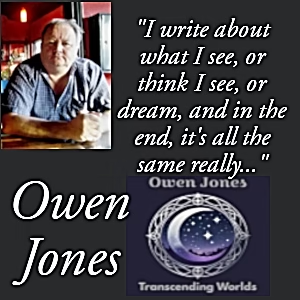
What is a Weeteeyoo?
Before we get onto the ‘weeteeyoo’, I want to tell you that I have always been interested in languages. A Spiritualist told me fifty years ago that she could see a silver ‘hearing trumpet’ hovering outside my right ear. It meant nothing to me, so I asked her. “It means that you are a good listener, are empathic for language and would make a good interpreter”. She had never met me before, but I was studying Russian, my seventh language, at the local university at the time. anyway that was fifty years ago.
Nowadays, as a writer and long-time expat in Thailand, language still fascinates me. Not just vocabulary and grammar, but the quirks, crossovers, and occasional complete breakdowns in communication. One day, during a casual conversation, I asked my Thai wife a simple question: “What’s the Thai word for radio?”
She looked puzzled. She didn’t know what a radio was.
I found this impossible to believe. Everyone knows what a radio is, surely? It’s one of those universal technologies, like the wheel or the lightbulb. Still, she stared blankly—until a moment later, her eyes lit up.
“Weeteeyoo?”
I froze. Weeteeyoo? It took me less than a second to hear that what she was really saying was ‘WTU’, which I interpreted as Wireless Transmission Unit.
I had never heard that phrase before in my life. I wasn’t even sure it was a phrase. But my mind had built it, whole cloth, from her Thai-English pronunciation of “radio.”
Of course, the actual historical term for radios, particularly in British English, was simply “the wireless.” A term still used by older generations, referring to a time when the marvel of broadcasting sound through the air was fresh, novel, magical.
“Weeteeyoo” wasn’t a technical term. It was just how the word had been absorbed into her language from English. But what fascinated me was how my brain took that sound and reverse-engineered a meaning that made perfect sense.
And that, in a nutshell, is what writing cross-cultural fiction is like.
In my novels like Daddy’s Hobby and Behind The Smile, I try to listen for the truth inside the way people speak. Not just what they say, but what they want, or mean, to say. The humanity behind the phrasing. The story in the sound.
Because sometimes, the most revealing truths come from moments where communication almost fails—and then suddenly, beautifully, lands.
—
If you’d like to see how these kinds of moments shape my fiction, start with the first chapter of Daddy’s Hobby here:
